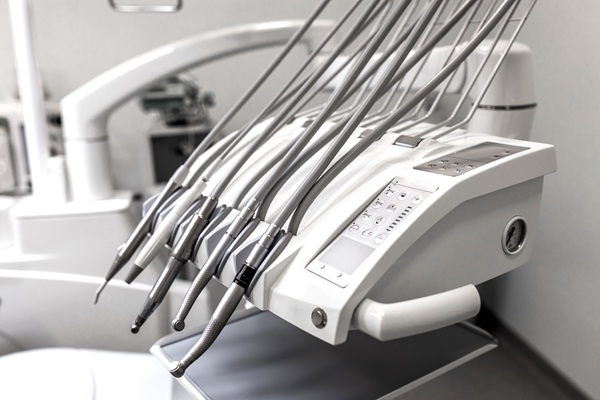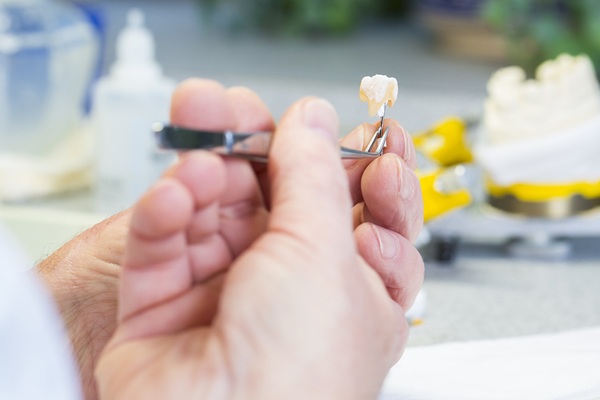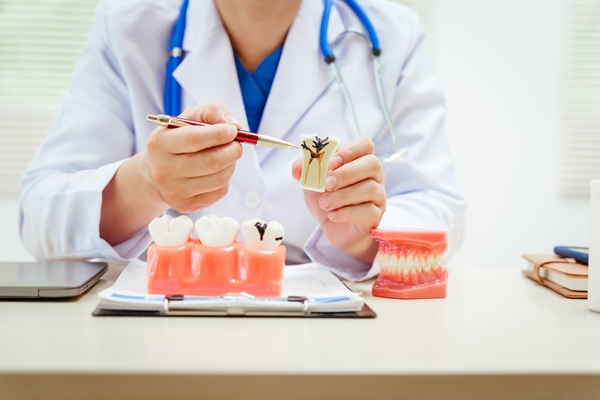3 Reasons to Choose Periodontics

Periodontic is a dental specialty that deals with diseases of the gums and the bones that sustain the teeth. This condition can affect your entire oral cavity and overall wellbeing. Periodontics care is necessary when something is wrong with the gums and other soft tissues.
The need for periodontics care
Gingivitis and periodontitis are the two prevalent types of periodontal diseases. Gingivitis is the early stage of the disease and causes inflammation of the soft tissues surrounding and protecting the teeth. Periodontitis is a more complicated infection that affects the jawbone and other tissues, like periodontal ligaments and tooth roots.
The build-up of bacterial plaque on the teeth and gums is the most common cause, as it leads to tissue damage. Gums can become inflamed and bleed, either naturally or during cleaning, due to the disease. Smoking, genetic descent, pregnancy, and certain health conditions, such as diabetes, can also increase the risk of developing gum disease.
Receding gums
When the gum tissue becomes infected, it starts to pull away from the teeth. Gum recession is the term for this condition. In this case, more of the tooth structure, including the roots, is exposed. Gum recession is a sign that periodontal disease has progressed to an advanced stage.
A gum graft procedure, which provides healthy gum tissue at the point of the recession, is one of the periodontics solutions for this problem. During this procedure, the dentist will take soft tissue from the patient's own mouth or from donor tissue. Then, they will attach it to the area affected by gum recession.
Excess tartar accumulation
Periodontal disorder is a spectrum, ranging from moderate gingivitis to extreme periodontitis and bone loss. Depending on the specific type of gum disease, the dentist will recommend the least invasive treatment option.
Scaling and root planing could be worth considering in consultation with a dentist if the gum disease is moderate — perhaps mild gingivitis or excessive plaque is causing the issue. Scaling and root planing can be supplemented with systemic antibiotics and antimicrobial substances. When performed by a trained dentist, both procedures are safe.
Advancing gum disease
Gingivitis, the mildest type of gum disease, affects many patients. This is an easily preventable and reversible disease. However, if gingivitis progresses to moderate or advanced periodontitis, periodontics care is needed. This procedure could include a deep cleaning (scaling and root planing) with a hygienist or dentist, or it could be as simple as infection treatment and improving dental hygiene. A dentist will advise patients on the most effective treatment based on the stage of the gum disease.
Schedule a consultation with our periodontics team
The best way to avoid periodontal disease is to practice proper oral hygiene, which reduces plaque and tartar accumulation. Regular dental checkups are important for the early detection of the disease. However, even the best prevention techniques cannot always prevent gum tissues. Periodontics care can help you protect your oral health. Call our office to learn more about our periodontal services or to schedule a consultation.
Request an appointment here: https://www.diamondbardentalca.com or call Diamond Bar Dental at (909) 236-7145 for an appointment in our Diamond Bar office.
Check out what others are saying about our dental services on Yelp: Periodontics in Diamond Bar, CA.
Related Posts
Do you need a dental inlay to repair one of your damaged teeth? Dental inlays are indirect dental restorations, meaning the dentist creates the restoration needed and then places it into the patient's mouth. Inlays are often confused with fillings, which are direct dental restorations, as dental fillings are directly put in the patient's mouth…
Endodontics is primarily thought of as restorative treatment, but it can have cosmetic benefits as well. Your smile is one of the first things that other people notice. A healthy-looking smile can make you look more attractive, compared to having damaged, poorly managed teeth. Restoring the way that a tooth looks can help improve your…
Most dental issues (predominantly tooth decay and gum disease) are caused by plaque, a sticky bacterial film. Continue reading to learn how tooth decay and gum disease are connected. This is why bacterial plaque is often the focus of rigorous at-home oral care regimens and regular dental exams.Plaque bacteria thrive by coexisting in areas where…
Choosing a family dentist is one of your most important healthcare decisions. This professional will likely be your family’s dental home for a long time. It is, therefore, important to choose someone who is professional and personable and whom you can trust with your and your family’s dental health.The best way to start a new…


